Complete your selection
What is in N-Acetyl L-Tyrosine
Any questions?
Our team of nutrition experts and scientists has the answers.
N-acetyl L-tyrosine supplements are usually taken by sportspeople to combat fatigue (physical and mental) and to increase resistance to stress. The scientific literature reports no risks associated with such use but does not recommend it for those with thyroid problems.
The recommended dose is around 600mg of tyrosine a day (2 capsules), to be taken at the beginning of the day when the rate of catecholamine synthesis in the brain is at its highest.
This product’s capsules are made of pullulan, a natural polysaccharide obtained by fermenting tapioca or corn. Pullulan contains no animal ingredients and provides an excellent barrier to oxygen, helping to preserve the integrity of the capsule’s ingredients. It is also an eco-friendly alternative to synthetic materials.
Tryptophan is an essential amino acid, and in particular, a serotonin precursor. Unlike tyrosine, tryptophan is found in plant-source foods because animals are not able to synthesise it. However, both these amino acids are involved in producing neurotransmitters, so it is worth considering combining tyrosine supplementation with that of tryptophan.
may 7 2021
good good good
january 7 2026
Mi sta aiutando un po', riesco ad essere più centrato emotivamente e più stabile, riduce ansia, vediamo nel lungo periodo se gli effetti permangono , sono all inizio, uso 2 compresse prima di colazione
october 8 2025
Super produit et efficace!
Super product and effective!
 see the translation
Translated by SuperSmart - see the original
see the translation
Translated by SuperSmart - see the original
october 2 2025
may 14 2025
Need help?
of experience
your money back
##montant## purchase

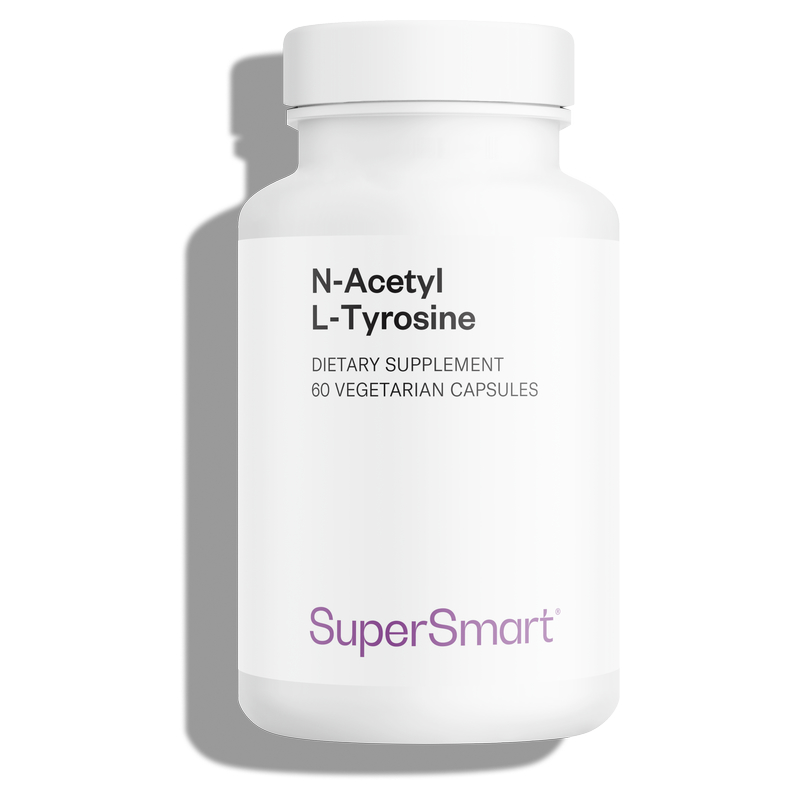
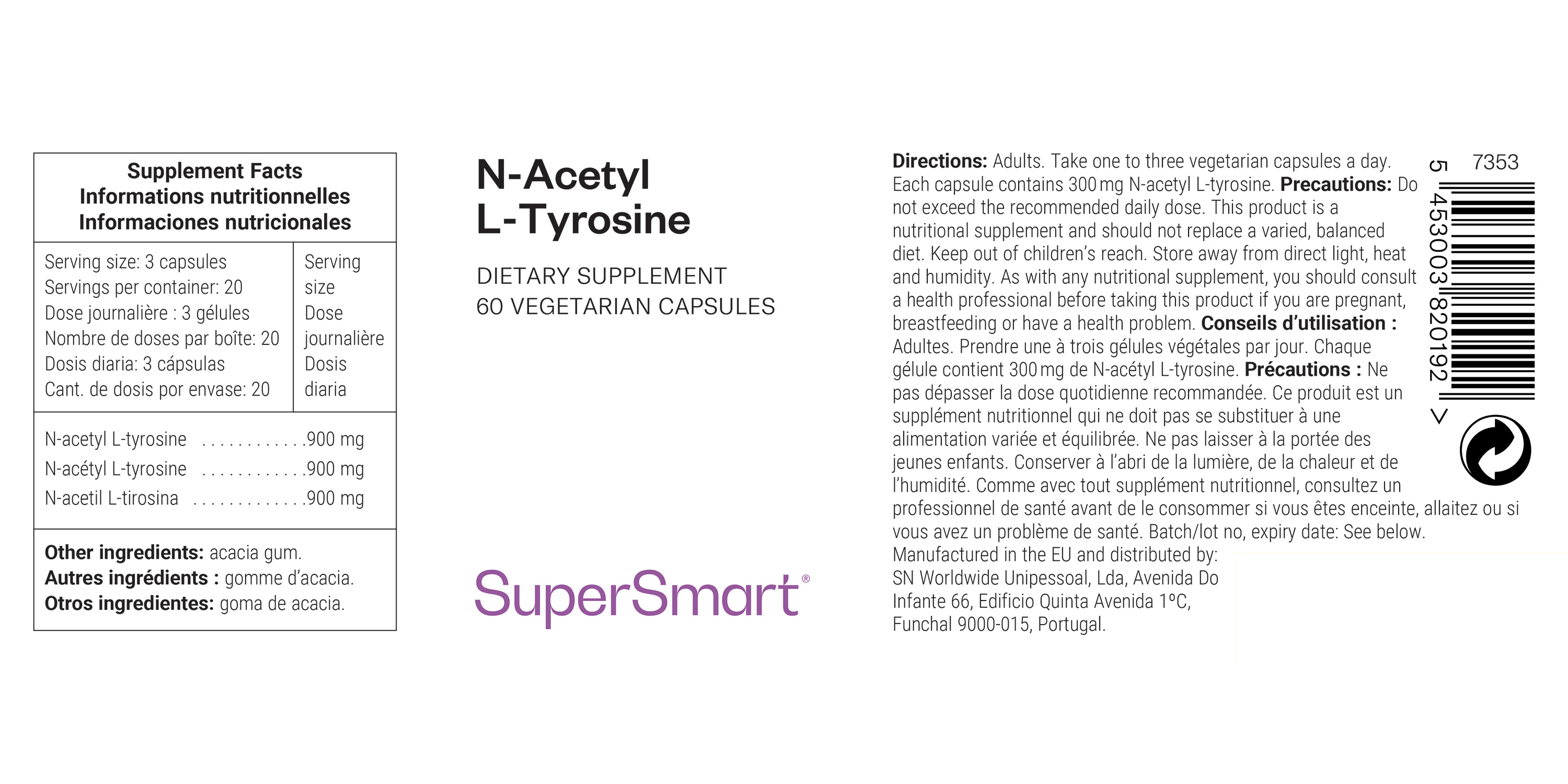
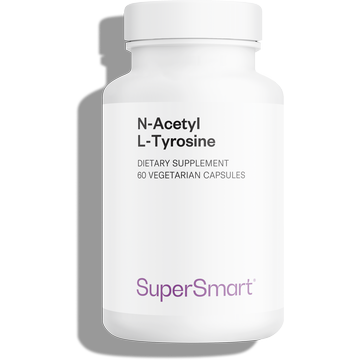
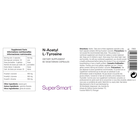

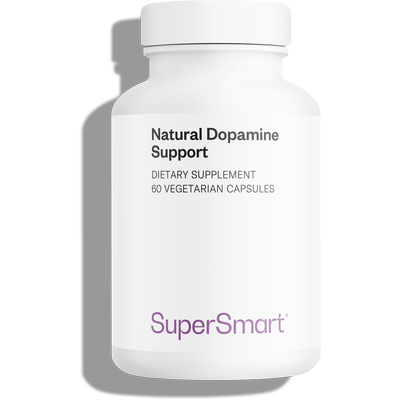
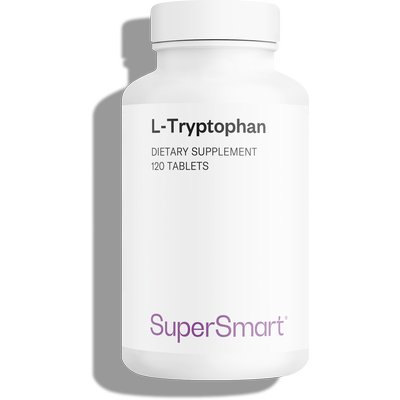
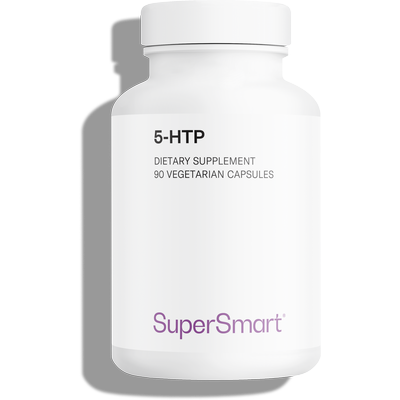
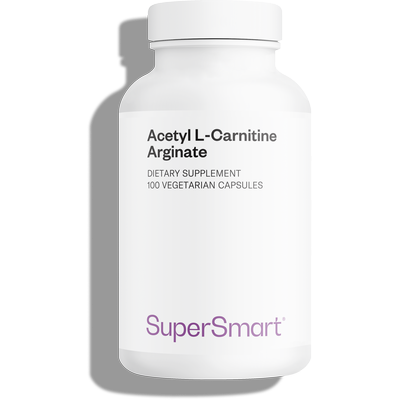
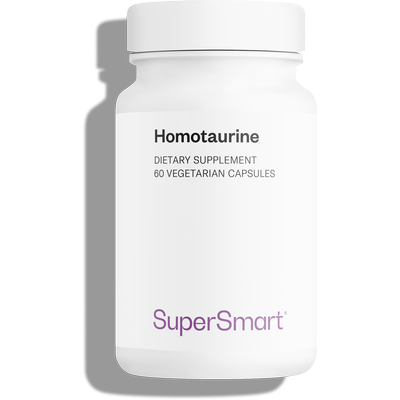
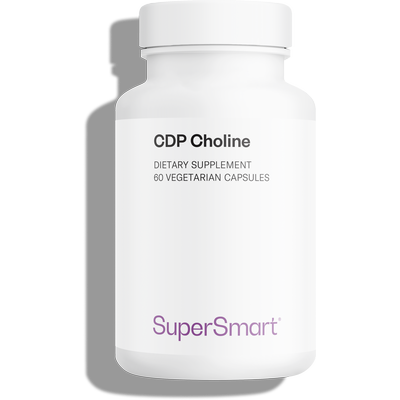
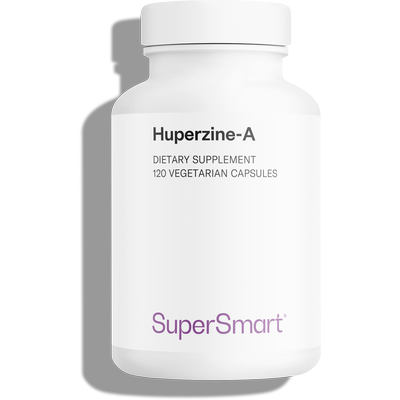
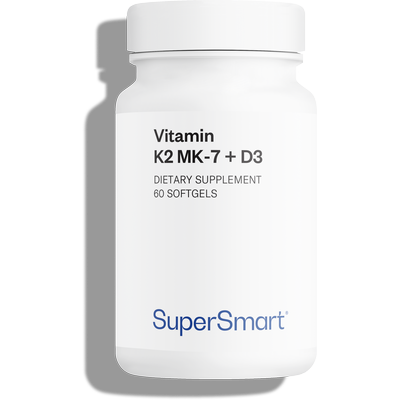
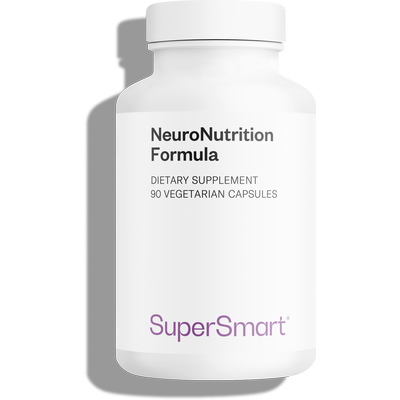



Bonjour Daniel,
Merci pour votre retour concernant le produit N-Acetyl L-Tyrosine. La tyrosine est un acide aminé qui joue un rôle clé dans la production de neurotransmetteurs, comme la dopamine et la noradrénaline. Elle peut être bénéfique dans des situations de stress, de fatigue ou de concentration, car elle aide à soutenir la fonction cognitive et l'humeur.
Il est important de noter que les effets d'une supplémentation peuvent varier d'une personne à l'autre et peuvent prendre un certain temps à se manifester. Si vous ne ressentez pas d'effets immédiats, cela ne signifie pas nécessairement que le produit n'est pas efficace. Je vous encourage à poursuivre la prise et à observer vos sensations sur une période plus longue.
Si vous avez d'autres questions ou si vous souhaitez discuter de votre expérience, n'hésitez pas à nous contacter. Nous sommes là pour vous aider !
Cordialement,
Gaëlle
Service Client Supersmart